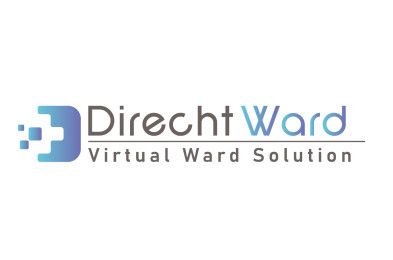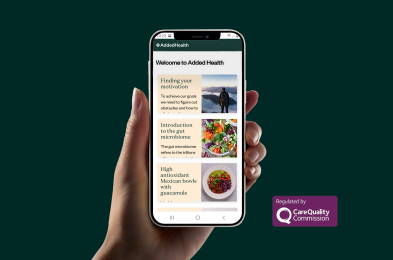 Proven innovation
Proven innovation
Docly: Digital Primary Care Provider
Docly is a digital primary care company that provides the clinical workforce and technology to support safe, efficient patient care, seven days a week by enabling messaging-based consultations between patients and Docly clinicians. We create valuable capacity in the system, helping deliver more care to patients without spending more money.
Benefits:
- Addresses workforce shortages and high locum costs
- Reduces burden on existing GP workforce and offer a new, flexible way of working
- Increases capacity allowing practices to register new patients and extend service offer
- Meets requirements in the long-term plan and GP contract and provide extended hours access digitally
About
Min Doktor, supported by the Docly technology platform, is one of Europe’s largest providers of digital healthcare: to date it has delivered over 550,000 consultations in Sweden.
In the UK, following a successful pilot and CQC registration, Docly launched in six practices in Leicester in August 2019 where the service is available to over 40,000 patients. In the two months following launch Docly has delivered over 3,000 consultations with a median response time of under 60 minutes to patient consultations.
Patients remain registered with their GP practice but have the opportunity to access care securely online via Docly’s mobile/web-based platform. Patients do not need to book an appointment to access care digitally. Digital consultations begin with the completion of a guided questionnaire for their symptoms which can be submitted in their own time, 24/7. Questionnaires have been developed by GMC-registered GPs and are based on best practice guidelines, e.g. NICE.
Once patients have submitted a questionnaire, GPs access the information from a digital waiting room where they review a patient's responses before taking action or seeking further information from the patient. Communication between the GP and patient is predominantly text-based, with images, telephone and video technology all available if required during the consultation. GPs also have access to full patient records to enable decision making.
GPs will arrive at a diagnosis, decide on any treatment and follow up with the patient: if a GP decides that a patient needs a face-to-face consultation then this will be arranged for the patient.


